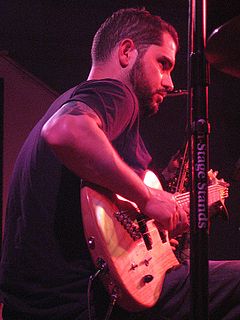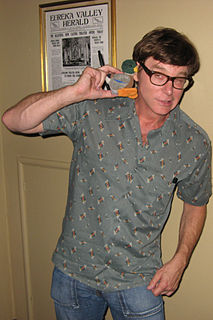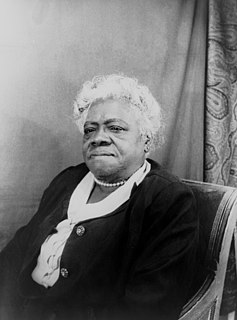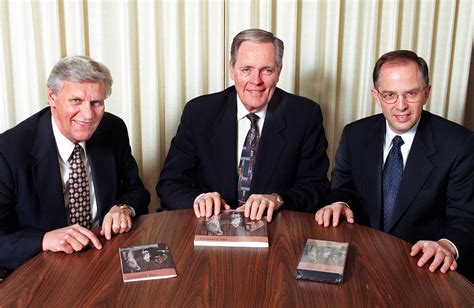A Quote by Garrison Keillor
I don't have a great eye for detail. I leave blanks in all of my stories. I leave out all detail, which leaves the reader to fill in something better.
Related Quotes
Why come to Trude? I asked myself. And I already wanted to leave. You cand resume your flight whereever you like," they say to me, "but you will arive at another Trude, absolutely the same, detail by detail. The world is covered by a sole Trude which does not begin and does not end. Only the names of the airport changes.
When you draw in a tight, controlled style, you open yourself up to - in my case, my own - criticism that things aren't quite right. If room is drawn so carefully, when a detail is wrong or missing, it's wrong or missing. The reader's imagination doesn't add the detail in because there are already so many other details. The reader is restricted to seeing the elements that are right there in front of him/her.
You can leave the Church, but you can’t leave it alone. The basic reason for this is simple. Once someone has received a witness of the Spirit and accepted it, he leaves neutral ground. One loses his testimony only by listening to the promptings of the evil one, and Satan’s goal is not complete when a person leaves the Church, but when he comes out in open rebellion against it.
As a general habit and general tendency, I prefer not to bog a piece down with a great number of transitory, contemporary references, because in the end, I'm concerned, not in an abstract way, but an actual way, with creating a world which has a universality to it - even though what goes on is made up of texture and detail, contemporary detail.
Everything he had ever done that had been better left undone. Every lie he had told — told to himself, or told to others. Every little hurt, and all the great hurts. Each one was pulled out of him, detail by detail, inch by inch. The demon stripped away the cover of forgetfulness, stripped everything down to truth, and it hurt more than anything.






































